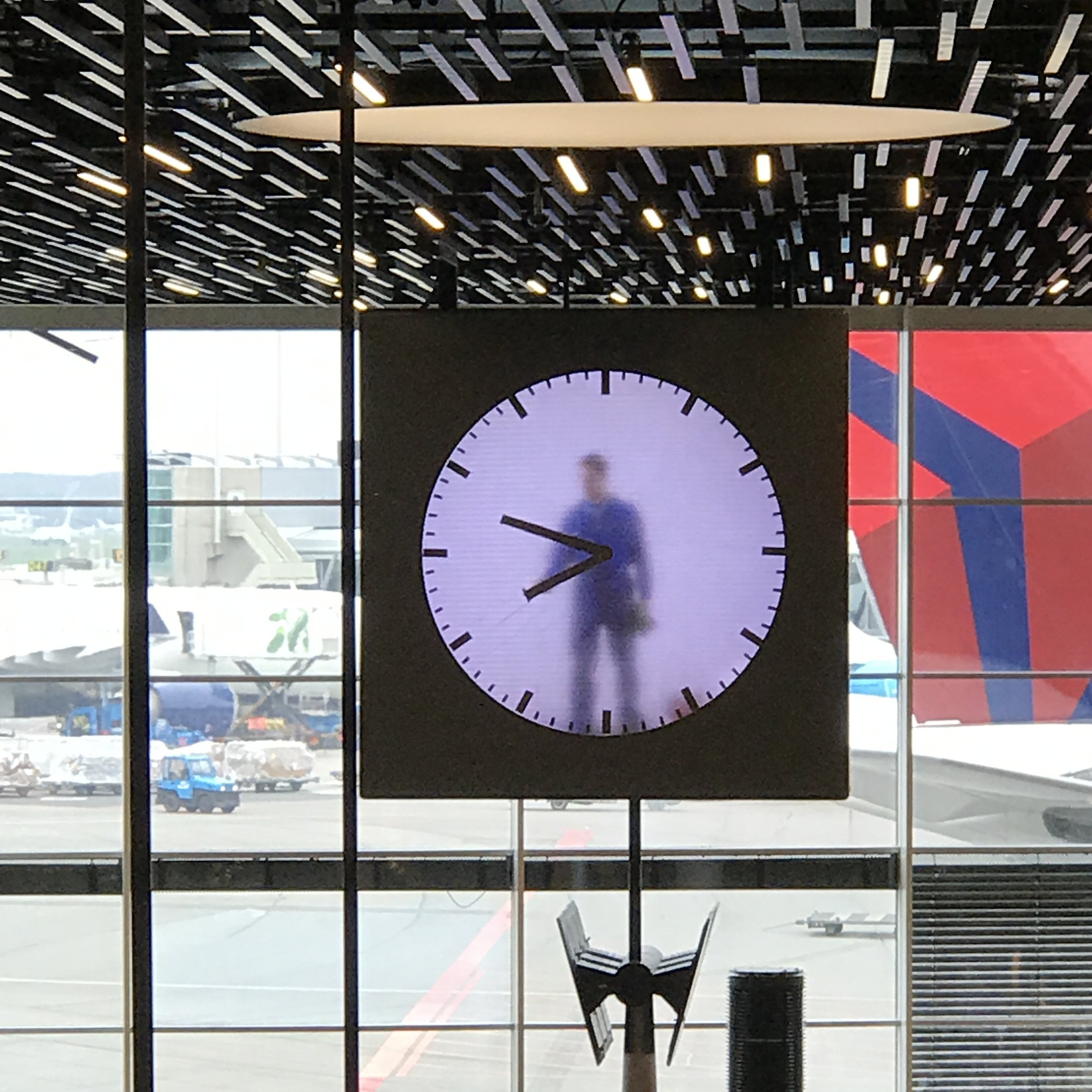Most interviews are in a behavioral format, meaning the interviewer not only wants you to share that you have a particular skill, they want to hear about how you used that skill in past jobs. Practicing your skill story ahead of time will allow you to share it strategically, building it seamlessly into The Story of YOU.
Read MoreTelling the Story of YOU should be a great experience. It should make you feel like you’ve just had a 5-mile run or a great cup of coffee, or both. Instead, if it feels tortured, nervous-making or rambling, just imagine how the listener feels.
Read MoreLast time we discussed the basic principles behind engaging listeners with your story. Today we are going to get downright specific – I’m going to share specific instructions for creating narratives that work well to open doors for all types of job seekers. First, some general principles for developing your narrative.
Read MoreWhen you talk about yourself, do people listen? Do their eyes glaze over in boredom? Something in between? Knowing what to say, how to say it and, even more importantly, what NOT to say about yourself, is an art, and an important one. Telling your story in a compelling way is one of the most important things you can get right – not only in the job search process and on the job but also in, well, life.
Read MoreOver the years there’s been loads written about the value of “informational interviews,” the meetings you, the job-seeker, procure to find out more about an organization you’re interested in, while sort of pretending you’re not actually interested in a job there. These “interviews,” constitute a tricky dance between candidates and prospective employers, prompting many candidates to just throw in the towel and avoid them altogether. But that’s a mistake.
Read More





